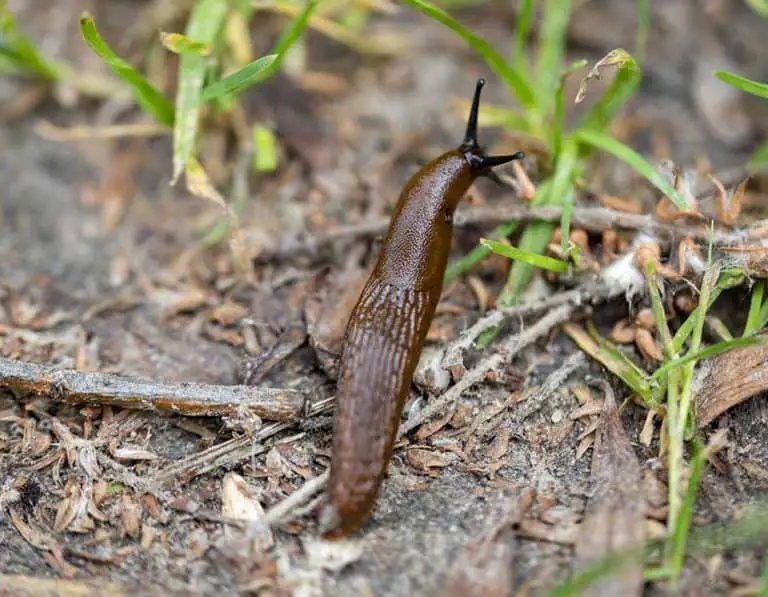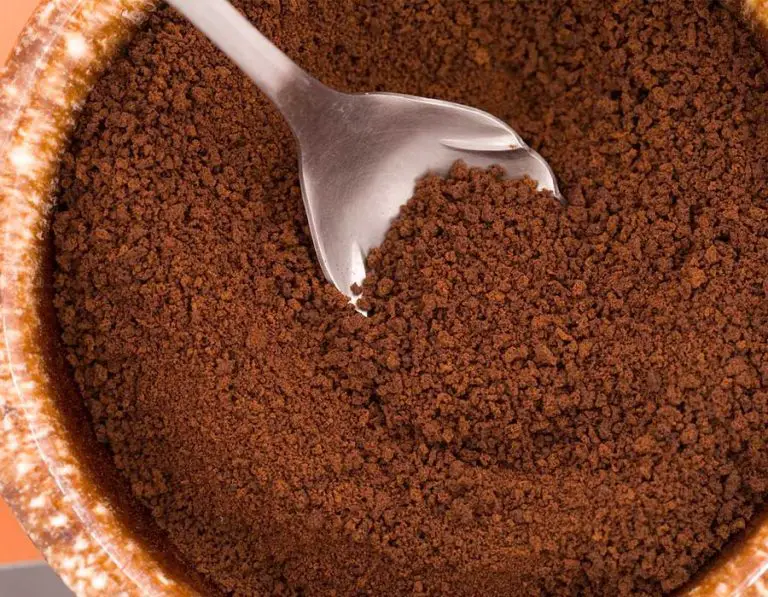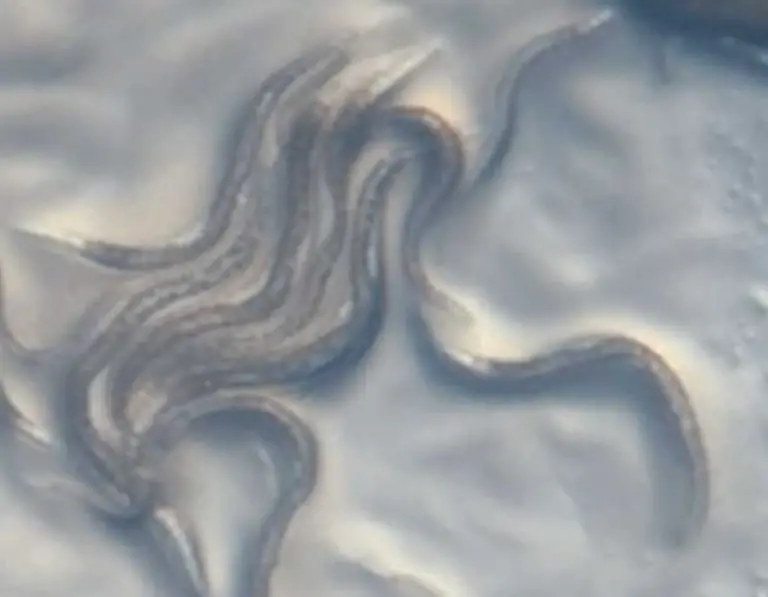Are Slugs Poisonous to Dogs If Eaten?
Slugs can be fatal to dogs. They carry bacteria that affect the blood of dogs and which spreads inside the circulatory system. Left untreated, the health conditions caused by bacteria carried by slugs can kill dogs.
As a dog owner, you know there are various bugs and insects that dogs eat around the garden with or without consequences. Slugs are gastropods (a large family in the animal kingdom known for their mucus) that are common in almost all gardens and around the house.
Slugs are poisonous to dogs if eaten. They can also be poisonous when dogs only lick them. Slugs transmit Rat lungworms to dogs which can kill them without medication. Bacteria from slugs that can kill dogs is typically medicated with Ivermectin or similar medication.
Dogs are some of the most curious pets. Their joyful curious nature often leads them to the garden or on the lawn, places known for having lots of slugs regularly watered.
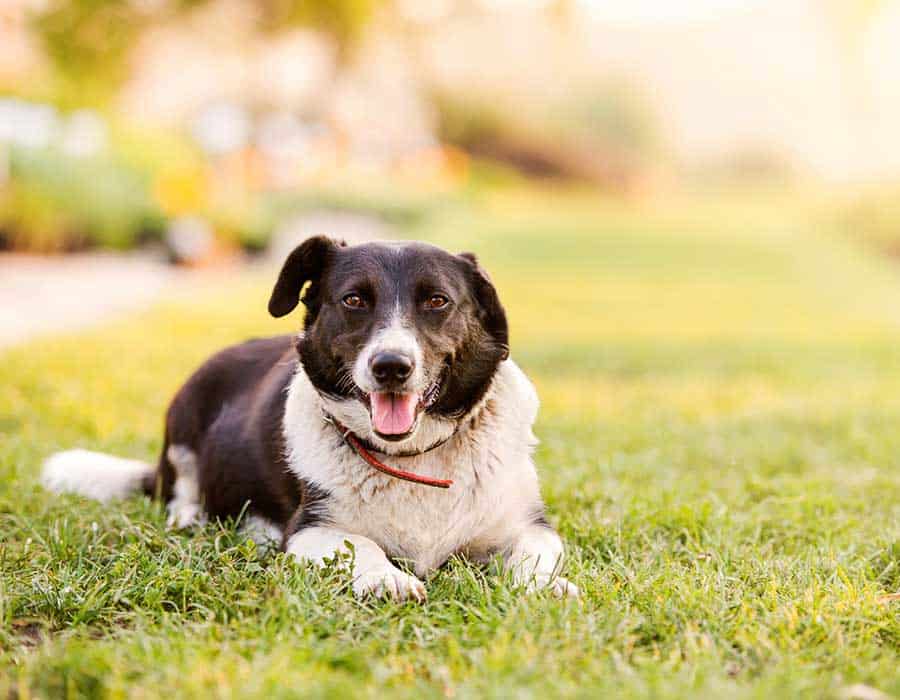
Slugs aren’t harmful to humans and potentially not as harmful to cats. However, slugs can be lethal to dogs, and cases, where slugs kill dogs, are frequent.
Why are slugs dangerous to dogs?
Slugs aren’t a dangerous gastropod for dogs per se. It’s the bacteria they pick up and carry that’s dangerous. This bacteria is known as a lungworm. Rat lungworms are commonly found on slugs.
Some rat lungworms cause no harm when ingested by dogs. Others make your dog sick in days and can even kill the dog in weeks.
Dogs that are fed cooked slugs don’t see the harmful effects of the bacteria they carry. Cooking kills this bacteria. However, dogs eat raw slugs as they find them around the house.
How do parasites reach dogs from slugs?
Some dogs can pick up the bacteria from slugs even without eating them. Here’s what to pay attention to.
Eating
A dog can eat slugs and get sick. It picks up the bacteria from the slugs in its digestive system, probably on the tongue or in the stomach. This bacteria establishes itself in the new host.
Licking
Dogs can also get Rat lungworms from slugs only by licking them. You may find out that slugs infest your garden and that there’s little you can do to stop your dog from getting in contact with them aside from preventive anti-slug measures.
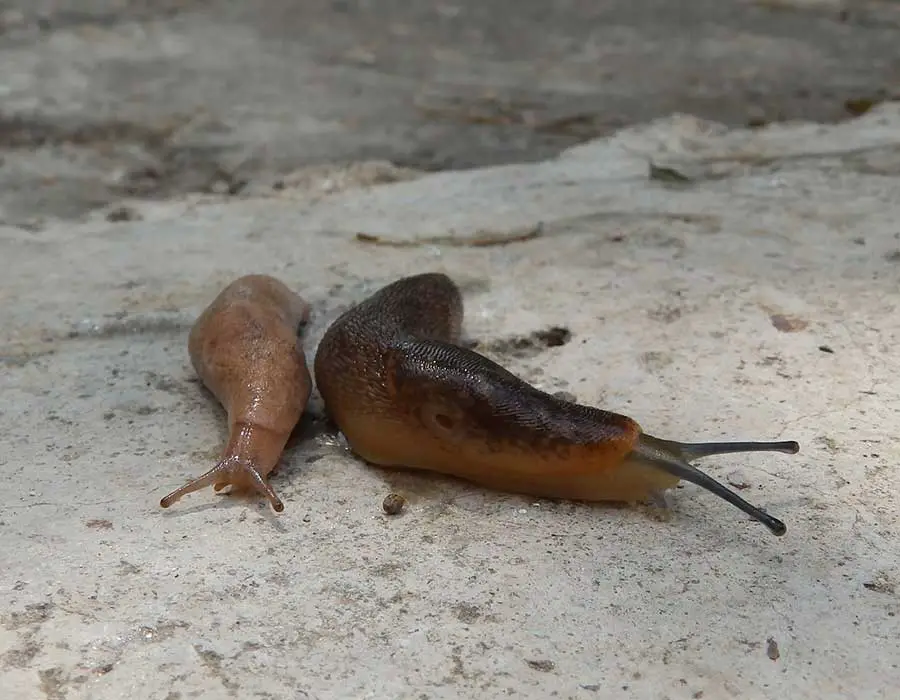
What is a Rat lungworm?
A Rat lungworm is a type of nematode that lives in the feces of rats. Rat lungworms are a type of worm that sees slugs as intermediary hosts. They use slugs to get to a new host, in this case, dogs.
Lungworms live a long time even when you start medicating your dog. It can take up to 8 weeks to eliminate lungworms from your dog’s system.
How does a Rat lungworm affect my dog?
Rat lungworms are highly problematic if left untreated. Sudden death is rare in dogs and you might see the signs of your pet picking up lungworms in time to get to the veterinarian. Here’s how the dog reacts to the parasite.
Weight loss
A loss in appetite or sudden weight loss is common in dogs affected by lungworms. You can check if your dog eats regularly and weigh the dog if you see changes in its behavior in 1-2 days.
Bleeding
Bleeding is caused by the lungworm that has reached the heart of the canine. You need to take the dog to the veterinarian immediately after noticing any bleeding.
Anemia
Some dogs don’t show severe reactions to lungworms. Anemia is among the mild reactions and it can be interpreted as body weakness or a loss of energy in the dog.
Death
If left untreated, the bacteria may eventually cause the death of the dog. This is common in dogs that are constantly exposed to slugs and which feed on them regularly.
When do dogs eat slugs?
Dogs can eat slugs at any time of day or night. You might find yourself wondering when you need to be extra cautious when it comes to slugs in the vicinity of your dog.
Soon after it rains
Slugs come out after the rain. The wet ground and high air humidity are something they enjoy. Slugs need high moisture and high air humidity to survive. They die without these elements. Many slugs come out at ground level after it rains as they hide below the ground, under rocks, logs, or leaf litter when it doesn’t.
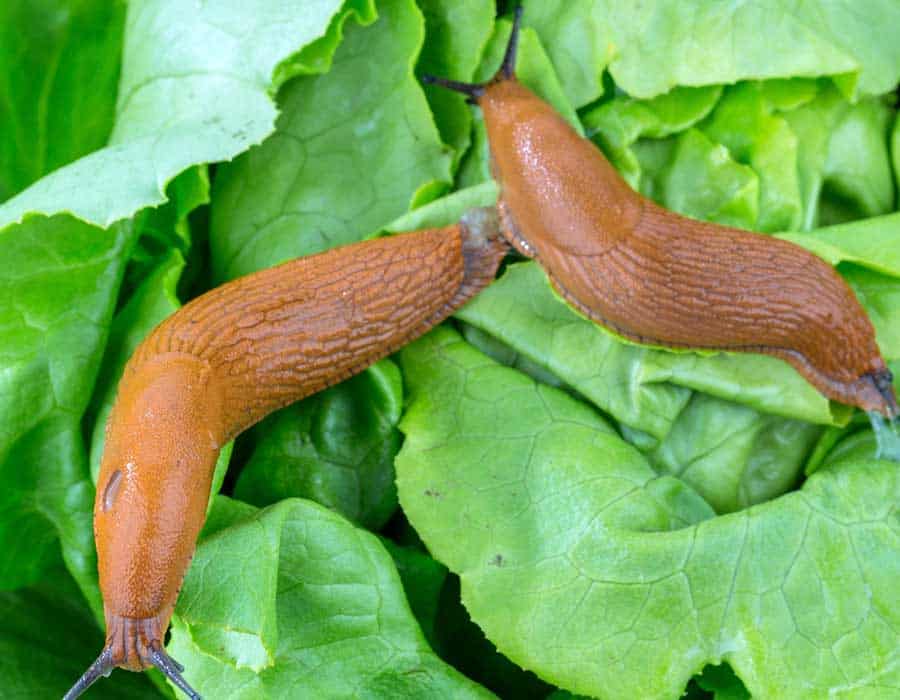
When left unsupervised
Dogs can eat all types of harmful animals and insects around the house when left alone. It’s best not to let your dog unsupervised when you want to ensure slugs aren’t about to be eaten. Walking the dog on a leash in a park, especially after it rains, is also recommended.
When licking the mucus trails of slugs
Mucus trails of slugs may also carry lungworm bacteria. You can find mucus trails all over the patio, sidewalk, or anywhere else around the garden. Dogs may be interested in these trials and start licking them. You need to stop the dog to avoid it getting parasites.
Can my infected dog make other dogs sick?
Infected dogs can also make other dogs sick. They might share the same water bowl which facilitates the spread of lungworms from one dog to another. It’s highly unlikely the parasite will spread to the dog owner.
Summary
Slugs may be poisonous to dogs when they carry lungworm parasites. These parasitic worms can establish themselves in the circulatory system of the dogs and eventually kill the dog if left untreated.
A smaller percentage of dogs tend not to show any symptoms or bad reactions to lungworms as their immune system might suppress the bacteria.
Veterinarians prescribe different types of medication to dogs confirmed to carry lungworm. Ivermectin is one of the common anti-parasitic drugs dogs and animals are given whenever the veterinarian tries to control a parasite. Treatment may last anywhere between 2 and 8 weeks. Dogs resume their well-being after this treatment. They can get sick from ingesting the parasite again in the future.



